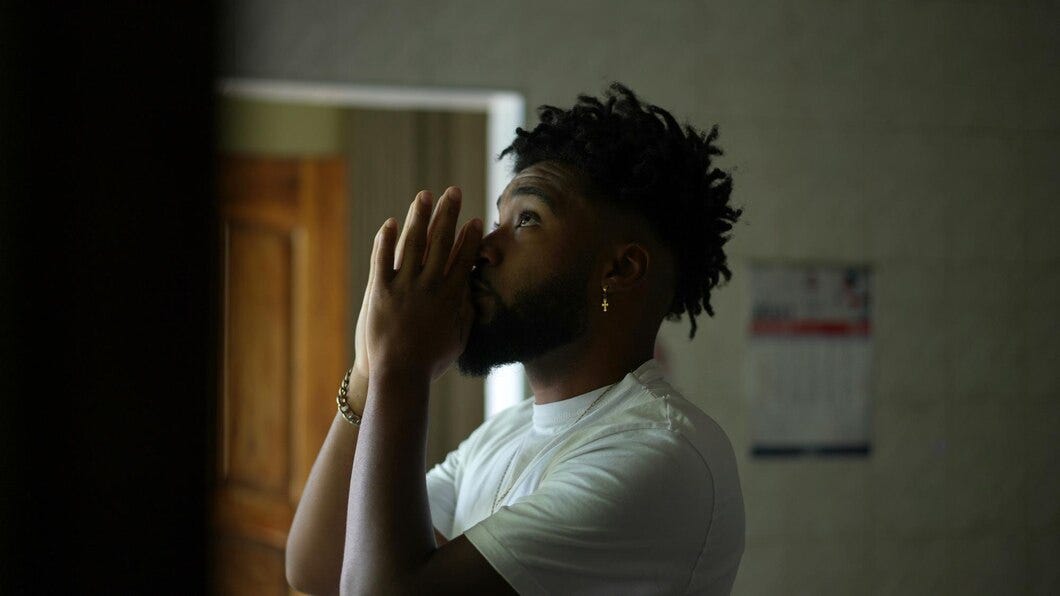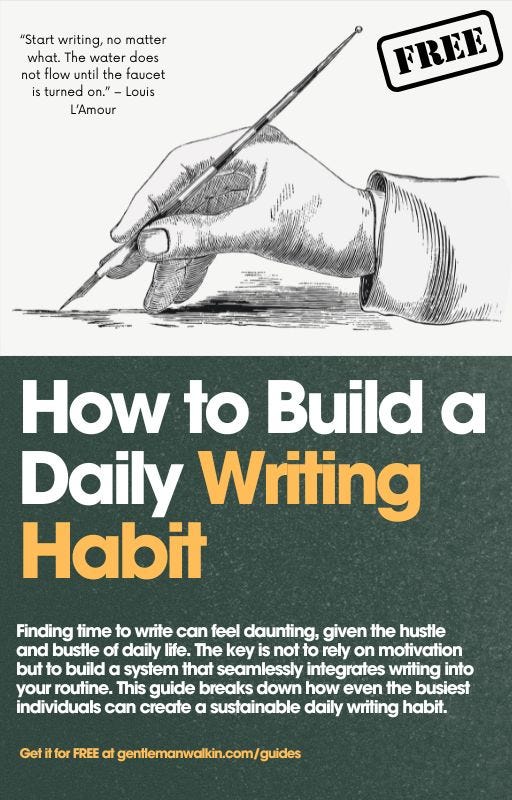Is it strength that keeps me silent or fear?
How Do We Not Fold and Share with Other People?
"A candle loses nothing by lighting another candle." - James Keller.
There is a deep fear of vulnerability in human interactions. People often hesitate to share their thoughts, feelings, and struggles because they fear judgement, rejection, or appearing weak.
The irony is that withholding these experiences isolates us further, making life more complicated than it needs to be.
Many view openness as a liability rather than a strength in a world that prizes self-sufficiency and resilience.
However, true resilience doesn't mean shutting people out; it means knowing when and how to share.
Today, I wanted to share why people struggle with openness and how embracing it can strengthen rather than weaken us.
Society often tells us to "toughen up" and deal with our problems alone. A stigma is attached to seeking support or admitting our struggles as if doing so makes us a burden to others.
Social media reinforces the illusion that everyone else has their life figured out, making personal struggles feel like a shameful secret.
People fear that sharing too much will make them seem needy, weak, or overly dependent. Yet this reluctance to be open can lead to emotional isolation and unnecessary suffering.
Is it possible that our greatest strength lies not in isolation but in our ability to share and connect?
Stoicism teaches resilience, not isolation.
Marcus Aurelius wrote, "What injures the hive, injures the bee."
This means that individual well-being is tied to the collective. Buddhism also emphasises interconnectedness.
Thich Nhat Hanh's idea of "interbeing" suggests that we exist through relationships with others.
Even existentialists like Jean-Paul Sartre, who emphasised personal responsibility, acknowledged the role of others in defining our existence ("Hell is other people," he famously wrote—but so is meaning).
Across cultures and philosophies, the need to share and connect has been recognised as essential, not optional.
Imagine someone facing financial trouble but too embarrassed to seek advice. By staying silent, they miss out on solutions that could have eased their burden.
Or consider a friend struggling with anxiety who never shares their struggles, believing they must handle everything alone. Their silence reinforces their suffering. The paradox is that the very act of sharing often lightens the burden.
Therapy, support groups, and mentorship are real-world examples of how connection fosters resilience. The hardest part is taking the first step and trusting others to understand.
A few more actionable insights.
Start small: Share one struggle or thought with a trusted person.
Reframe openness: See it as an act of strength, not weakness.
Create safe spaces: Be the kind of person others can open up to.
Seek and offer support: Support systems work both ways. Give as much as you take.
Recognise that connection is a skill: Practice sharing gradually.
Like Keller's candle analogy, lighting another's flame does not dim our own; it brightens the whole room. We cultivate deeper relationships and a stronger sense of self by embracing openness.
The next time you hesitate to share, ask yourself: Is it strength that keeps me silent, or fear?




